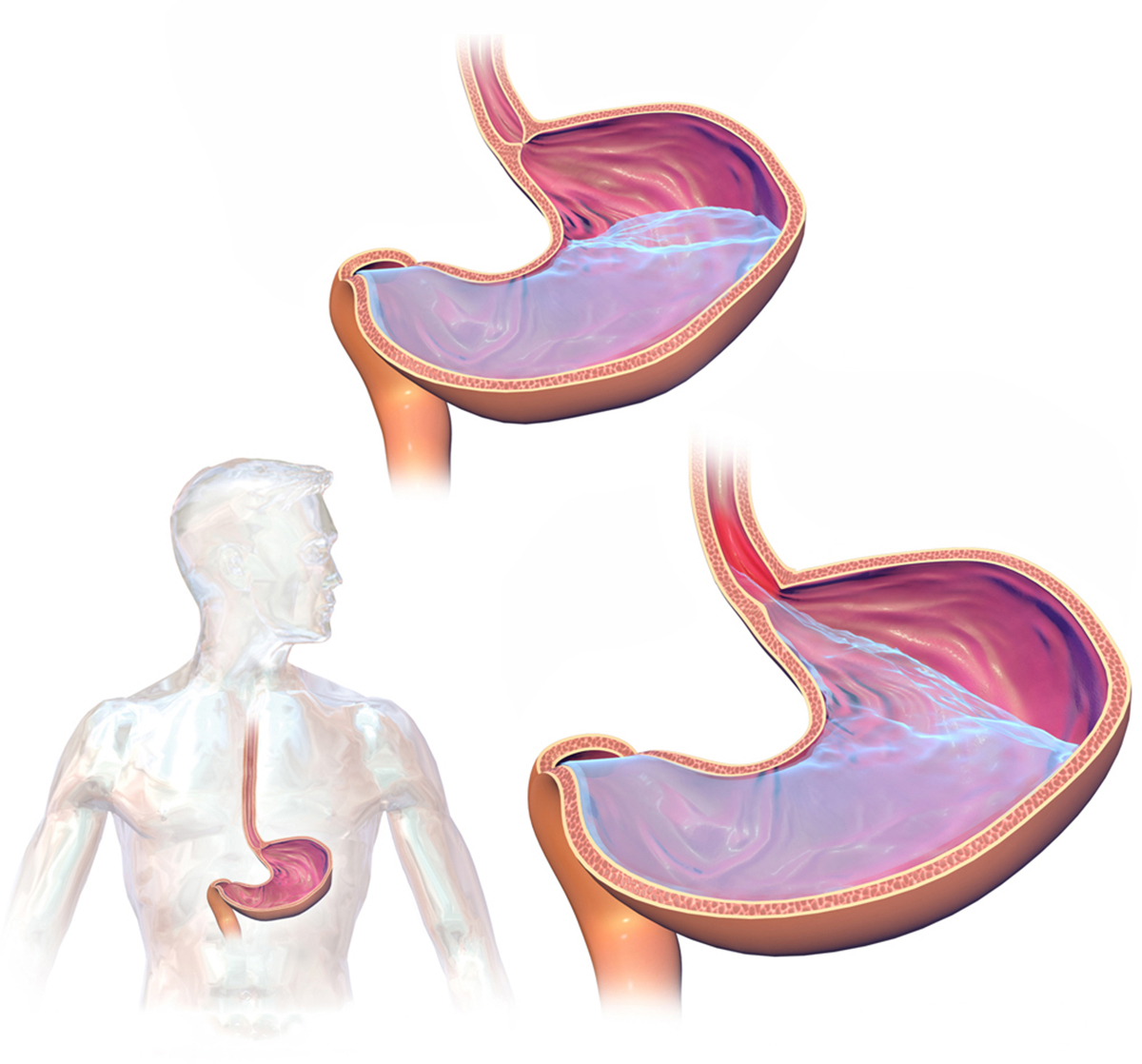
Esophageal cancer can be a seriously debilitating disease. It is possible to cure the disease, but treatment can be drawn out and long-lasting. Treatment can also lead to a decrease in the quality of one's life. The nature of the best mode of treatment is also up for debate, with some people arguing for surgical treatment and others arguing against it. There are some who consider esophageal cancer to be an incurable disease.
Causes and risks
There are several proposed causes of this condition. For the most part, it is thought that the onset of esophageal carcinoma is related to the exposure of the esophageal mucosa to toxic or noxious stimuli. This results in a sequence of dysplasia to carcinoma in situ to carcinoma. Additionally, vitamin and nutritional deficiencies have also been related to the onset of the disease. In high risk places such as China, riboflavin deficiency can also contribute to high levels of esophageal cancer.
There is also some evidence to connect cigarette smoking and chronic alcohol exposure to the increasing of risk of esophageal cancer. However, a study on this topic found that there were no associations between alcohol consumption and esophageal adenocarcinoma. On the other hand, it was found that, among smokers, the risk of esophageal squamous cell carcinoma and esophageal adenocarcinoma was increased.
It has also been found that human papillomavirus, tylosis palmaris et plantaris, and Gastroesophageal reflux disease were contributing factors in the onset of the condition. As a result of this reflux, about ten to fifteen per cent of patients who undergo GERD endoscopy are discovered to have Barrett epithelium.
Symptoms
The most common symptom of this disease is dysphagia. Initially, this is experienced with regard to solids, but will eventually progress to liquids. This condition will normally require an endoscopy. Another potential symptom that might be experienced is weight loss. This is quite a common symptom; it occurs in about fifty per cent of those with esophageal carcinoma. Patients might also experience pain and bleeding. Pain might be experienced in the retrosternal and epigastric area, as well as over bony structures. This can be a sign of metastatic disease.
Some other symptoms that might potentially occur are hoarseness and respiratory symptoms. Hoarseness can be caused by an invasion of the recurrent laryngeal nerve, while respiratory symptoms can be a result of the aspiration of undigested food. These symptoms might also be a result of direct invasion of the tracheobronchial tree by the tumor.

















Your thoughts on this
Loading...